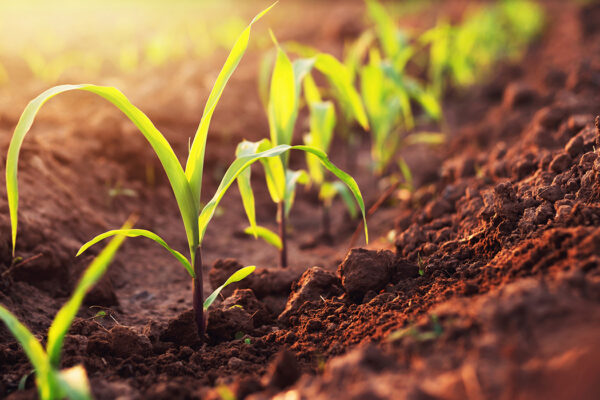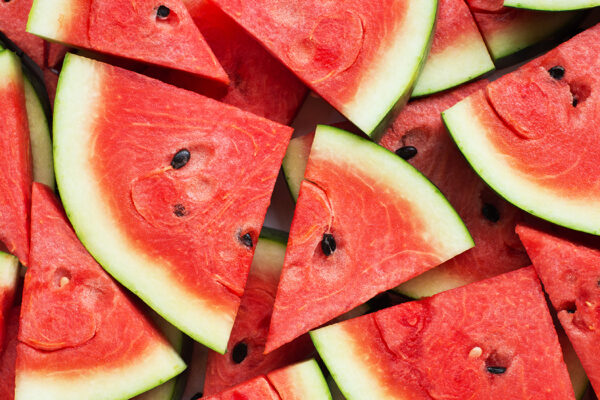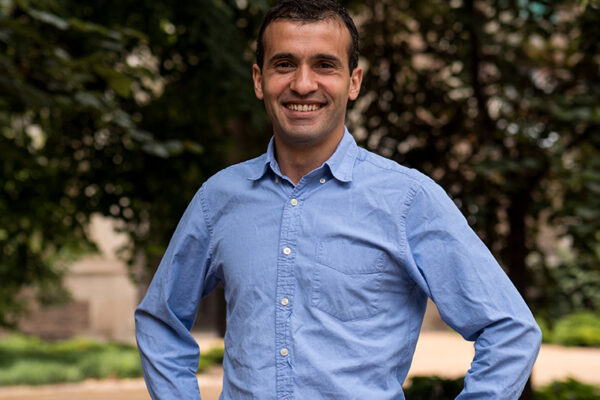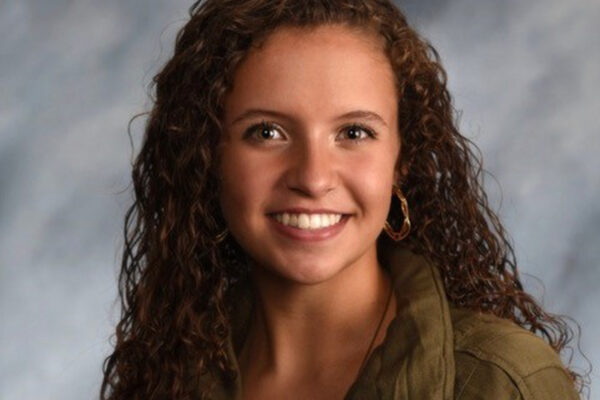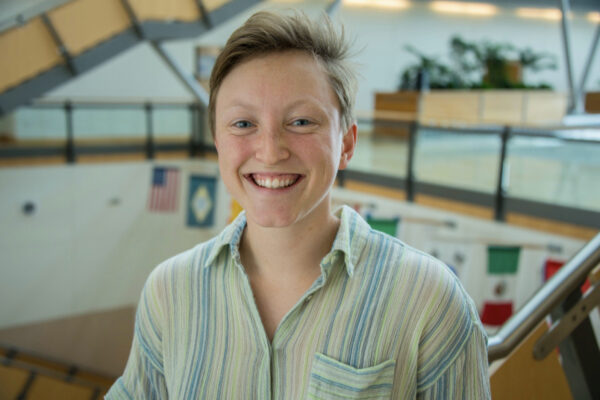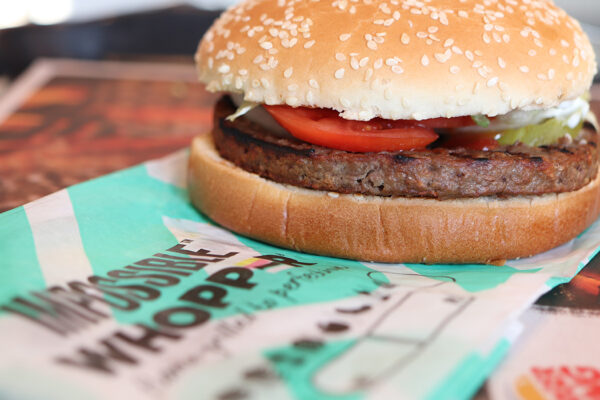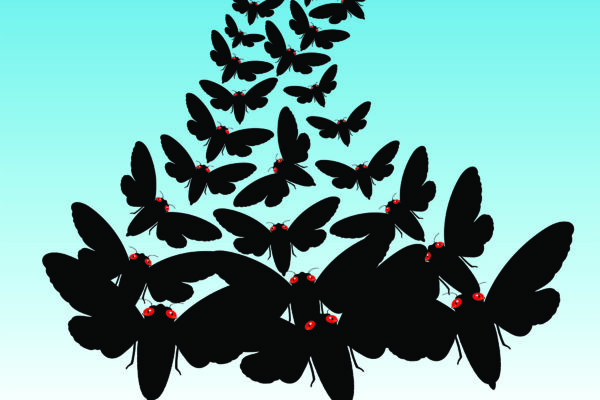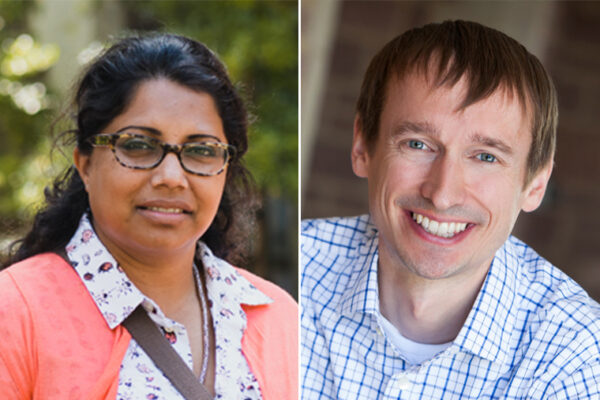Made in the shade or fun in the sun
A new study from the laboratory of Rick Vierstra in Arts & Sciences helps explain how proteins called phytochromes respond to light intensity and temperature, thus enabling land plants to colonize the planet many millions of year ago.
A seedy slice of history: Watermelons actually came from northeast Africa
Using ancient DNA and tools from the modern genomic age, Susanne Renner in Arts & Sciences discovered that domesticated watermelons most likely came from wild crop progenitors near Sudan.
Zaher wins NIH grant
Hani Zaher, associate professor of biology in Arts & Sciences, won a four-year $1.2 million award from the National Institutes of Health (NIH) for a project titled “Reading Frame Maintenance by the Ribosome during Stalling.”
Hamlin wins 2021 Stalker Award
Irene Hamlin, a senior majoring in biology with a minor in medical humanities in Arts & Sciences, will receive this year’s Harrison D. Stalker Award, in recognition of outstanding scientific scholarship with significant contributions in the arts and humanities.
Wilder wins 2021 Quatrano Prize
Dani Wilder, a December 2020 graduate of the biochemistry track of biology in Arts & Sciences, will receive the Ralph S. Quatrano Prize. It is awarded to the thesis showing the greatest evidence of creativity in design, research methodology or broader scientific implications.
Ludwig wins 2021 Spector Prize
Ella Ludwig, a senior majoring in biology in Arts & Sciences, will receive this year’s Spector Prize in recognition of academic excellence and outstanding undergraduate achievement in research.
Heme is not just for Impossible Burgers
New research from biologists in Arts & Sciences shows how animals and bacteria differ in the enzyme they use to attach heme to the cytochrome. The results help illuminate a promising target for new antibiotics.
Brood X cicadas emerge in a rapidly changing world
Periodical cicadas are above ground for only a handful of days every 17 years. Human-induced rapid environmental change is altering the world they will briefly encounter, according to Brett Seymoure, a postdoctoral fellow with the Living Earth Collaborative at Washington University in St. Louis.
Bose, Meacham receive Defense Department grant
The Department of Defense has awarded Mark Meacham and Arpita Bose a three-year $600,000 grant. The researchers will work to understand extracellular electron uptake in bacteria.
Fike receives NSF geobiology grant
David Fike, professor of earth and planetary sciences and director of environmental studies, both in Arts & Sciences at Washington University in St. Louis, won a $98,406 EAGER Grant from the National Science Foundation for a project in geobiology and low-temperature geochemistry.
Older Stories
